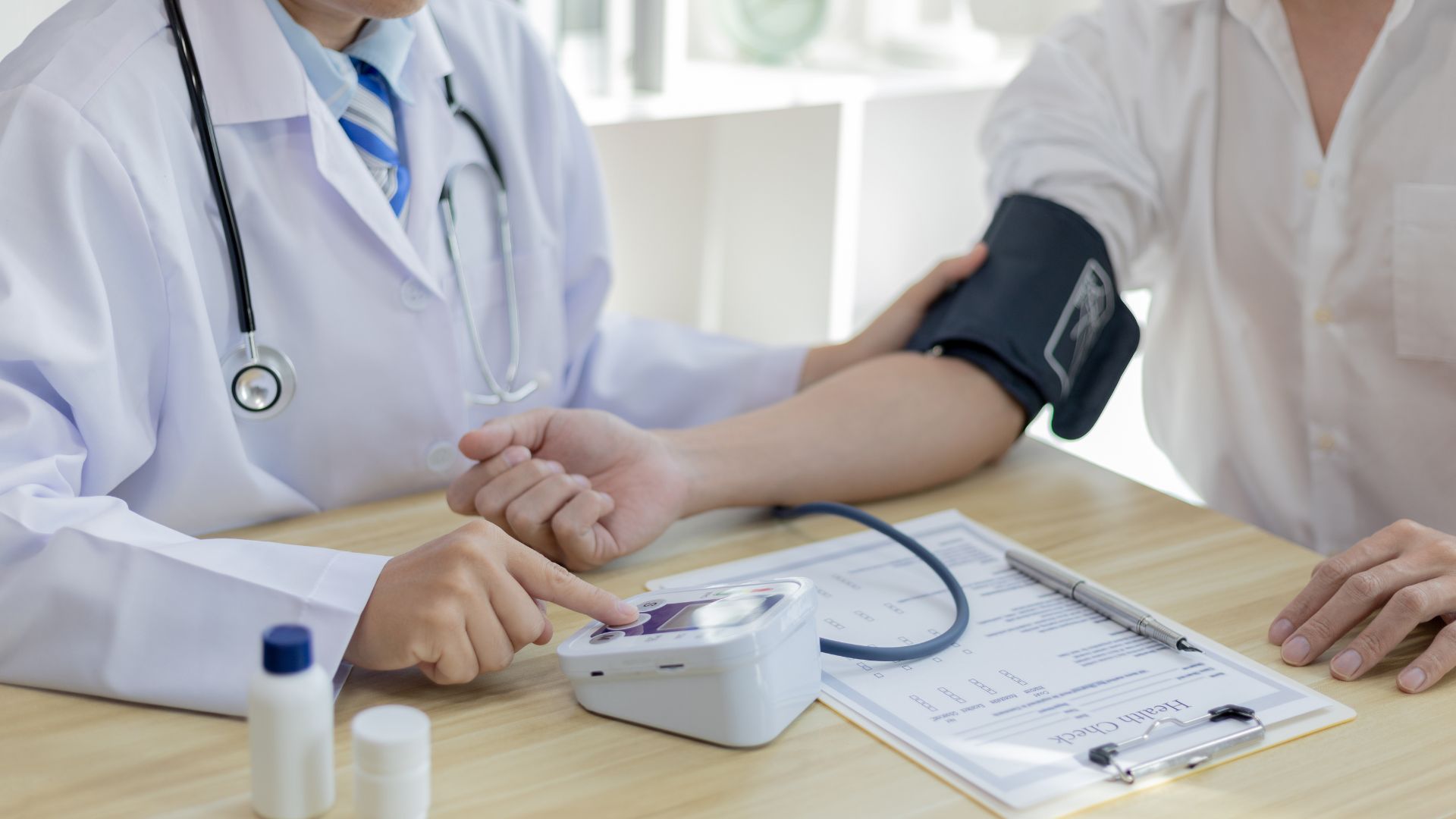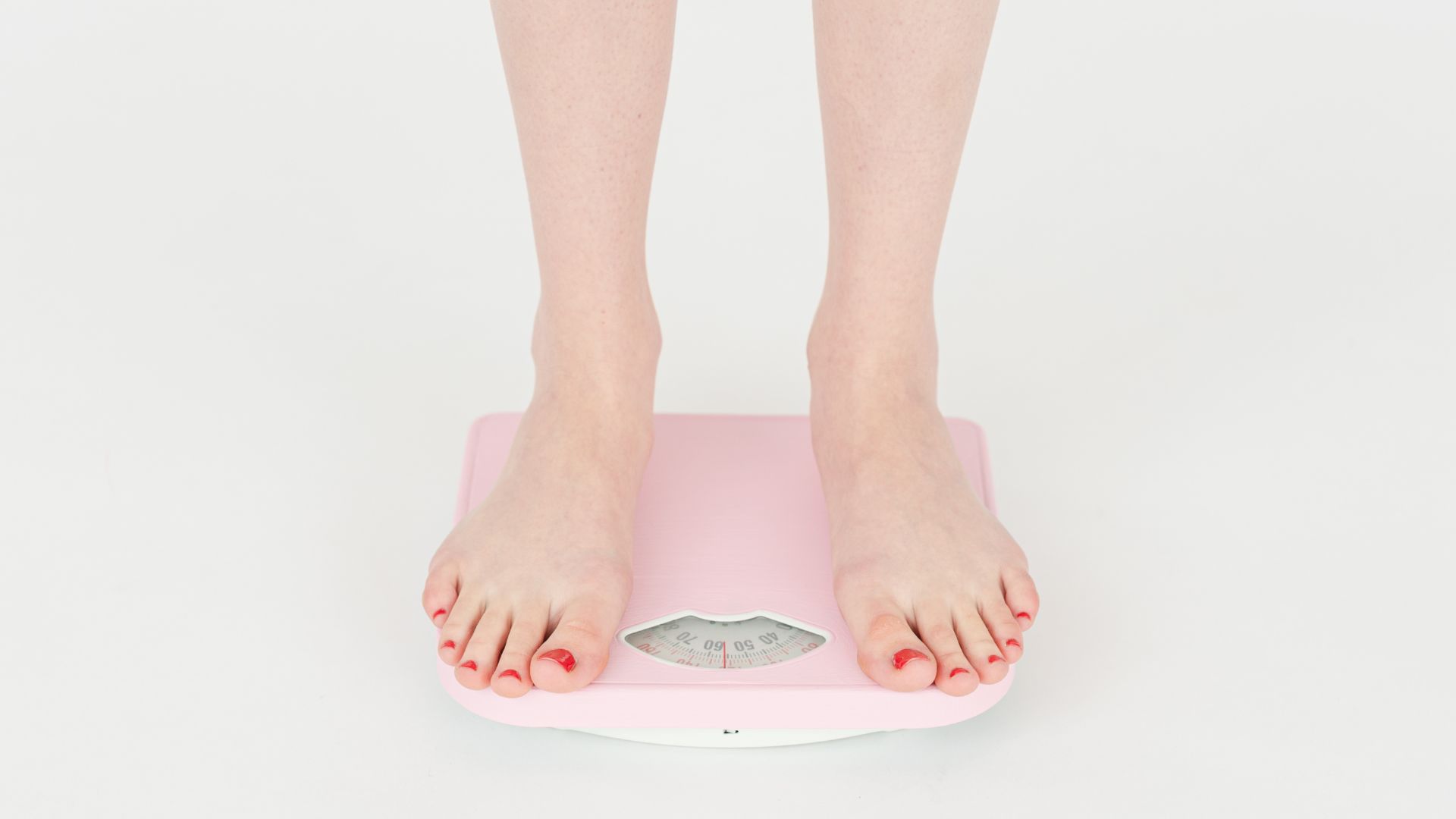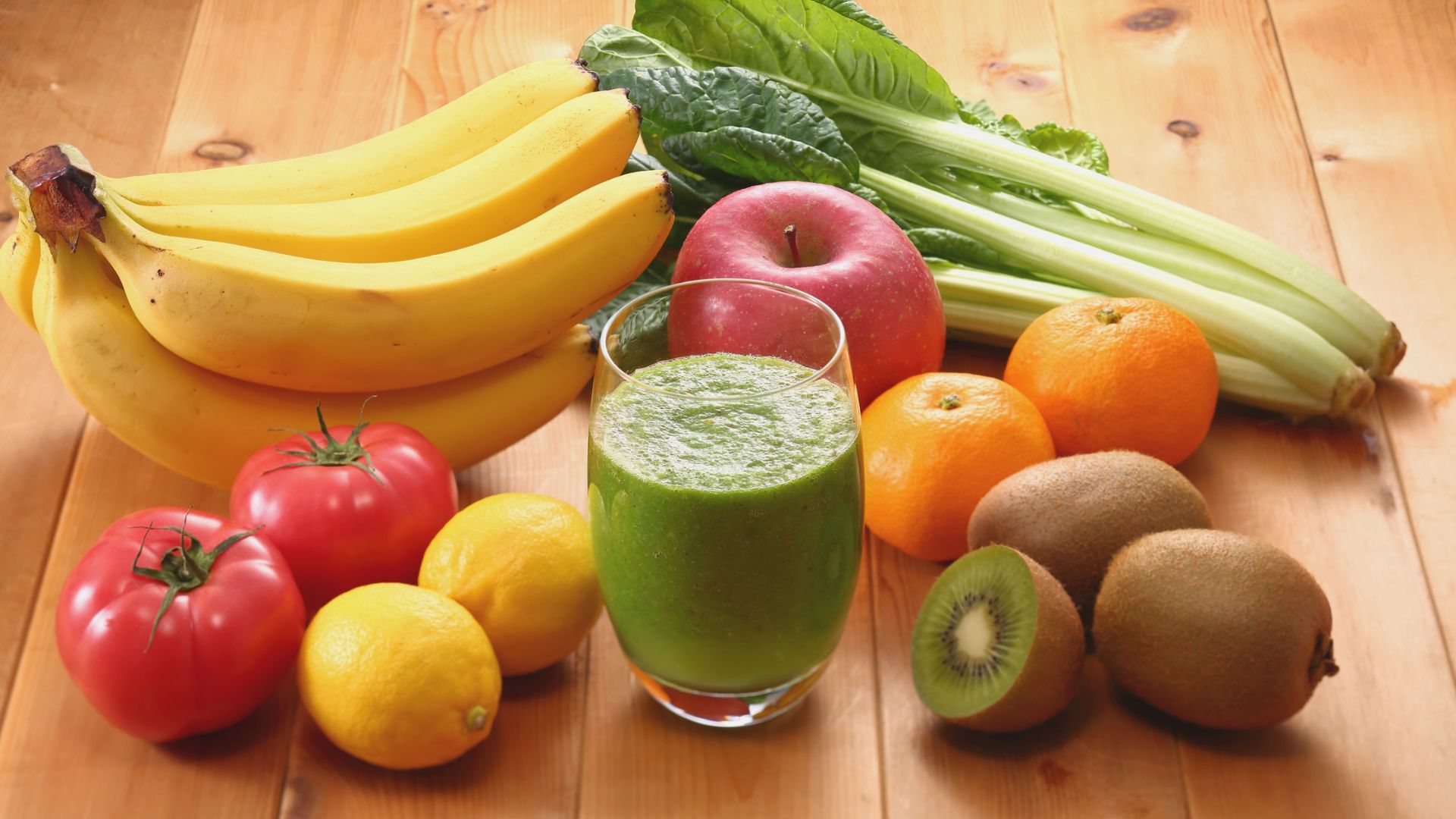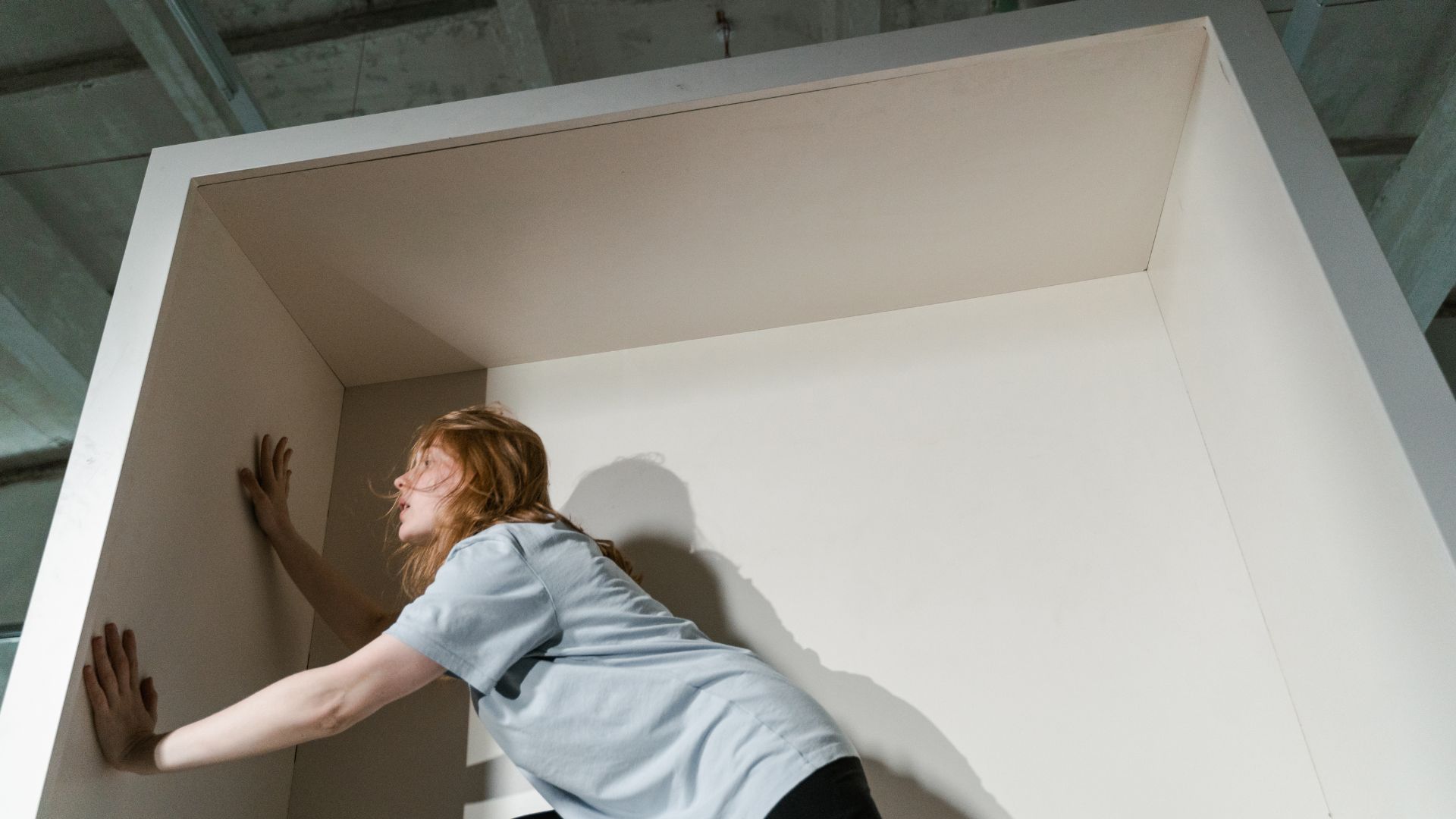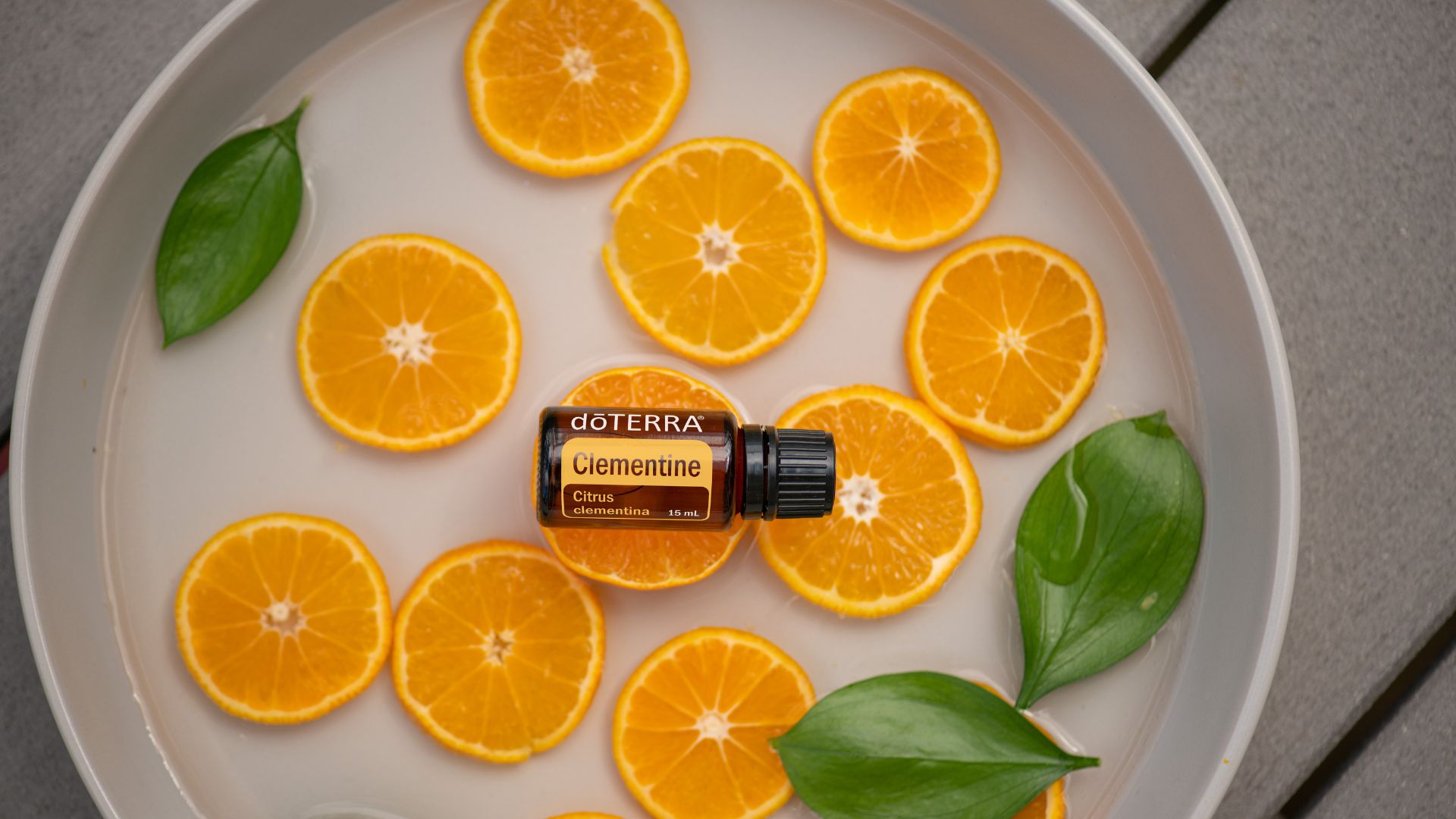Today, we’re discussing a serious topic: cancer. Unfortunately, it remains one of the leading causes of death worldwide. Facing this diagnosis is frightening, but it’s important to remember that there are many ways to reduce the risk of developing it. By simply changing some habits and lifestyle choices, we can do a lot to protect ourselves and our loved ones.
The good news is that numerous studies show that proper nutrition, regular physical exercise, avoiding harmful habits, and timely medical check-ups can significantly lower the risk of cancer. For example, a study published in JAMA Oncology showed that a diet rich in fruits, vegetables, and whole grains is associated with a lower risk of developing various types of cancer.
This article is for everyone who wants to live a long and happy life. We will explore practical tips and recommendations that can help you strengthen your health and reduce the possibility of developing cancer. Regardless of your age or health condition, there are always steps you can take to improve your well-being.
Let’s figure out together how you can make your life better. After all, health is the most valuable thing we have.
Nutrition
Good nutrition is the real foundation of health. When you think about it, what we eat every day truly affects our well-being and even how our body copes with various illnesses, including cancer. So, how can you improve your diet to reduce the risk of developing this disease?
First, include more fruits, vegetables, and whole grains in your diet. These foods are rich in antioxidants and fiber, which help protect cells from damage. For example, you can start your day with oatmeal, adding fresh or frozen berries—delicious and healthy. For lunch, a fresh vegetable salad or vegetable soup is perfect. For dinner, you can choose fish or chicken with a side of steamed vegetables.
Try to avoid processed foods and excess fats. Sausages, chips, sweets—all these not only add extra pounds but can also increase the risk of cancer. For example, an excess of saturated fats found in fatty meats and fried foods can be harmful. Instead, opt for healthy fats, such as those found in avocados, nuts, and olive oil.
Another good tip—drink more water and avoid sugary drinks. Soda and packaged juices contain a lot of sugar, which also negatively affects health.
Example menu for the day:
- Breakfast: oatmeal with berries and nuts.
- Lunch: salad with greens, tomatoes, cucumbers, and olive oil; chicken soup.
- Dinner: baked fish with steamed vegetables and brown rice.
- Snacks: fresh fruits, unsweetened yogurt, a handful of nuts.
Try these simple changes in your diet, and you’ll not only feel better but also significantly reduce the risk of developing cancer.
Physical Activity
Let’s talk about movement. Regular physical activity is one of the key factors that help reduce the risk of developing cancer. And it’s not difficult: you don’t have to become a marathon runner or spend hours in the gym.
Just 30 minutes of moderate activity five times a week can work wonders. This can be brisk walking, swimming, cycling, or even gardening. The more you move, the better it is for your health. Physical activity helps control weight, reduce inflammation levels, and improve immune function, which collectively lowers the risk of cancer.
If the gym isn’t your thing, no worries! It’s important to find what brings you joy. For example, try dancing or yoga. Dancing is fun and energetic, while yoga helps not only to keep your body toned but also to manage stress. Even a walk with your dog or playing active games with children or friends can be a great way to stay active.
Here are some ideas to add more movement to your daily life:
- Walk: Try to take short walks every day. It can be a morning walk before work or an evening one after dinner.
- Stairs instead of the elevator: Use stairs wherever possible. This simple but effective exercise.
- Home workouts: There are many videos online with short workouts that can be done at home. Choose what you like.
- Active leisure: Instead of spending the weekend on the couch, go for a bike ride or play volleyball with friends.
Remember, the key is regularity. Find what you like and do it with pleasure. Over time, you’ll notice an improvement in your overall well-being and, equally important, a reduction in cancer risk.
Avoiding Harmful Habits
Now let’s talk about harmful habits that significantly increase the risk of developing cancer. Smoking is one of the main risk factors. If you smoke, you should quit. I know it’s not easy, but it’s one of the best decisions you can make for your health. If you don’t smoke, try to avoid passive smoking. Being around smokers is also harmful since you inhale their smoke.
And what about alcohol? Excessive consumption can also be harmful and increases the risk of various types of cancer, including liver and breast cancer. This doesn’t mean you have to completely give up alcohol, but limiting its consumption is definitely worthwhile. It’s recommended to have no more than one drink a day for women and no more than two for men.
Here are some ideas on how to avoid harmful habits and find healthy alternatives:
- Quit smoking: There are various methods and programs to help you quit smoking. You can try nicotine patches or gum, seek help from specialists, or join support groups.
- Avoid passive smoking: If someone is smoking near you, try to move away or ask the smoker to respect your desire not to inhale the smoke.
- Limit alcohol: Replace the evening glass of wine with a cup of herbal tea or go for a walk in the fresh air. It’s not only beneficial for health but also helps relax and relieve stress.
- Find a hobby: Often, harmful habits are a way to cope with stress or boredom. Find a new hobby or activity that will engage and bring you joy.
Taking care of yourself is not only about giving up harmful habits but also about finding new, healthy ways to enjoy life.
Protection from Ultraviolet Radiation
Remember the sun and protecting yourself from it. We all love sunny days, but it’s important to remember that ultraviolet rays can be very harmful to our skin. To reduce the risk of skin cancer, you need to protect your skin from the sun.
First, always use sunscreen. Choose creams with a high SPF, which indicates how well the product protects against the sun’s rays. Apply it to exposed skin before going outside, and don’t forget to reapply every couple of hours, especially if you swim or sweat.
Second, wear protective clothing. Wide-brimmed hats and sunglasses not only look stylish but also protect your face and eyes from the sun. Light long-sleeved shirts and pants made of natural fabrics help prevent burns.
Third, try to avoid sunburns. Burns significantly increase the risk of skin cancer. Remember that even on cloudy days, ultraviolet rays penetrate through the clouds, so protection is always needed.
Here’s a simple example: before going outside, even if you don’t plan to stay long in the sun, apply sunscreen. This simple action will help protect your skin. If you plan to spend the day at the beach, bring sunscreen, a hat, sunglasses, and a light cover-up. Also, remember that the shade from an umbrella or tree isn’t always sufficient for full protection.
Take care of your skin to enjoy the sun without harming your health!
Regular Medical Check-ups and Screening
Let’s talk about the importance of regular medical check-ups. This is truly your best ally in the fight against cancer. Screening allows cancer to be detected at early stages when treatment is most effective.
Here’s what you need to know. Mammograms are breast examinations that help detect breast cancer at an early stage. Women over 40 are recommended to have them once a year. The Pap test (cytological test) detects precancerous changes in the cervix and should be done every three years. Colonoscopy helps detect colon cancer, and it’s recommended to have it every 10 years after 50, but if you have risk factors, your doctor might recommend it earlier.
How can this look in practice? Simply start with a visit to your general practitioner. Discuss with them a screening plan suitable for your age and health condition. The doctor will advise you on which examinations you need and how often to have them.
For example: You go to your GP, and they help you create an examination plan. Let’s say you’re 45 years old—then you’ll be recommended a mammogram once a year, a Pap test every three years, and a colonoscopy if you haven’t had one yet. This is simple and doesn’t take much time, but it can save your life.
Remember, regular medical check-ups are not just a formality but an important part of self-care and your health.
Mental Health and Stress
Let’s talk about stress. We all know that constant tension isn’t a friend to our health. Stress can seriously undermine the immune system, which in turn increases the risk of various diseases, including cancer. So managing stress is really important.
How can you do this? One of the best ways is through meditation. Try to find 10 minutes a day to just sit in silence and focus on your breathing. This helps calm the mind and relieve tension.
Another great way is yoga. It not only helps you relax but also strengthens your body. Plus, many yoga exercises are aimed at reducing stress levels.
Don’t forget about communication with loved ones. Talking with friends and family can significantly improve your mood and help you cope with negative emotions.
Here’s a simple example: after work, find time for a walk in the park. Just walk and enjoy nature. This will help you distract from daily worries and relax. Or try doing some stretching exercises before bed—this is also a great way to relieve tension.
Taking care of your mental health is as important as taking care of your physical health. When you worry less and enjoy life more, your body feels better too.
In conclusion:
Taking care of yourself is not something difficult or unattainable. It all starts with simple steps: regular medical check-ups, healthy eating, physical activity, and managing stress. All these things will help you reduce the risk of developing cancer and other serious diseases.
Start with regular check-ups. This could be a mammogram, a Pap test, or a colonoscopy—talk to your doctor and find out which examinations you need. Healthy eating is also not difficult. Include more fruits, vegetables, and whole grains in your diet, and try to avoid processed foods and excess fats.
Physical activity doesn’t necessarily mean exhausting workouts at the gym. Find what you like: walking, dancing, yoga—the main thing is to move. And, of course, don’t forget about your mental health. Manage stress through meditation, yoga, or just pleasant walks in the fresh air.
Let’s take the first step towards a healthy life together. This is your chance to take care of yourself and your loved ones. Cancer prevention is in your hands! Start today—schedule a medical check-up, add more healthy foods to your diet, start moving, and find time for relaxation. You can do it!

